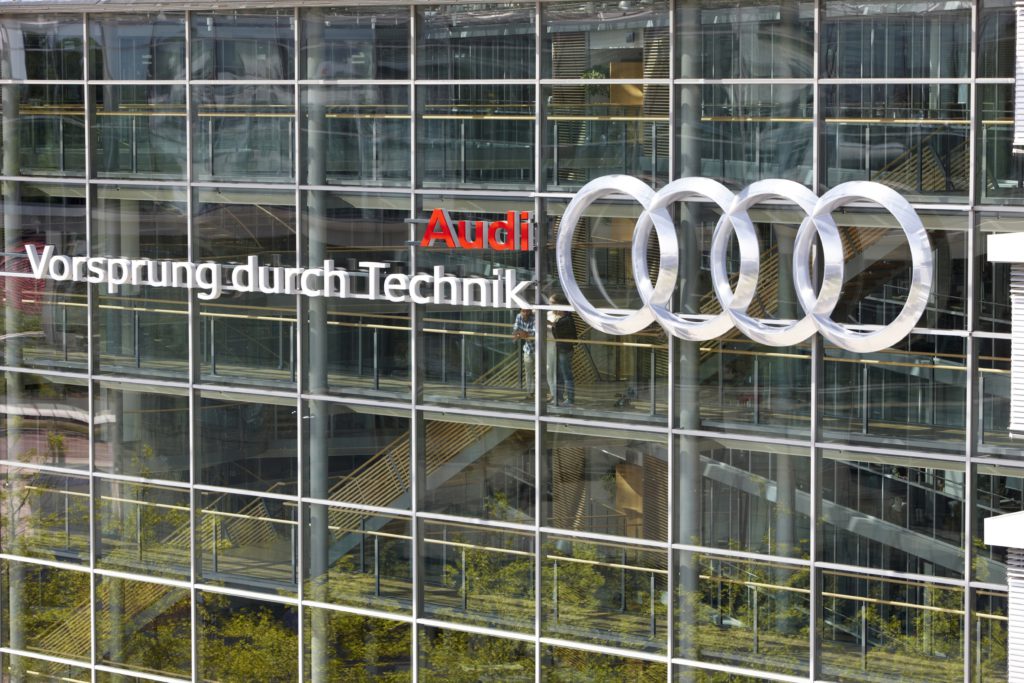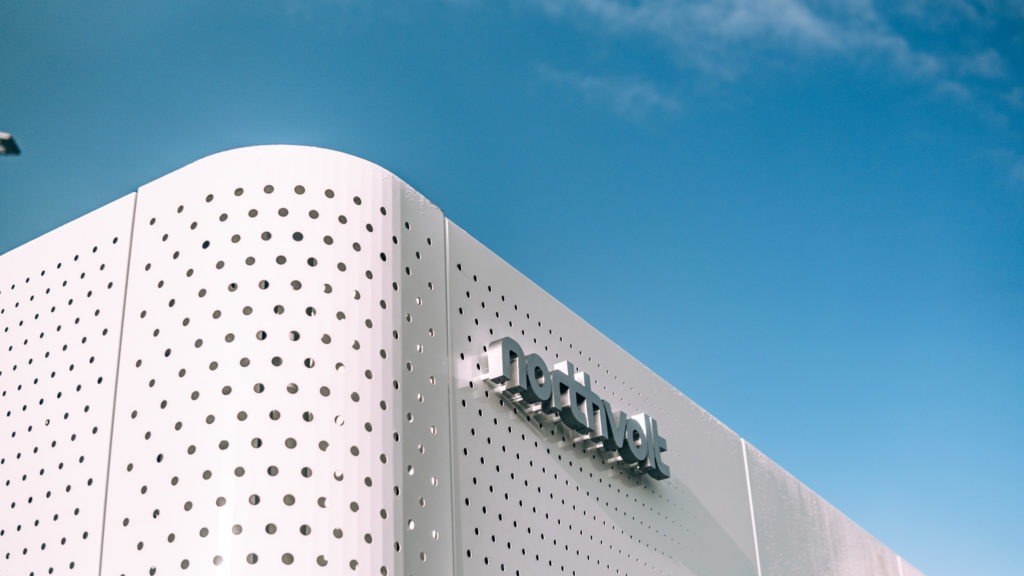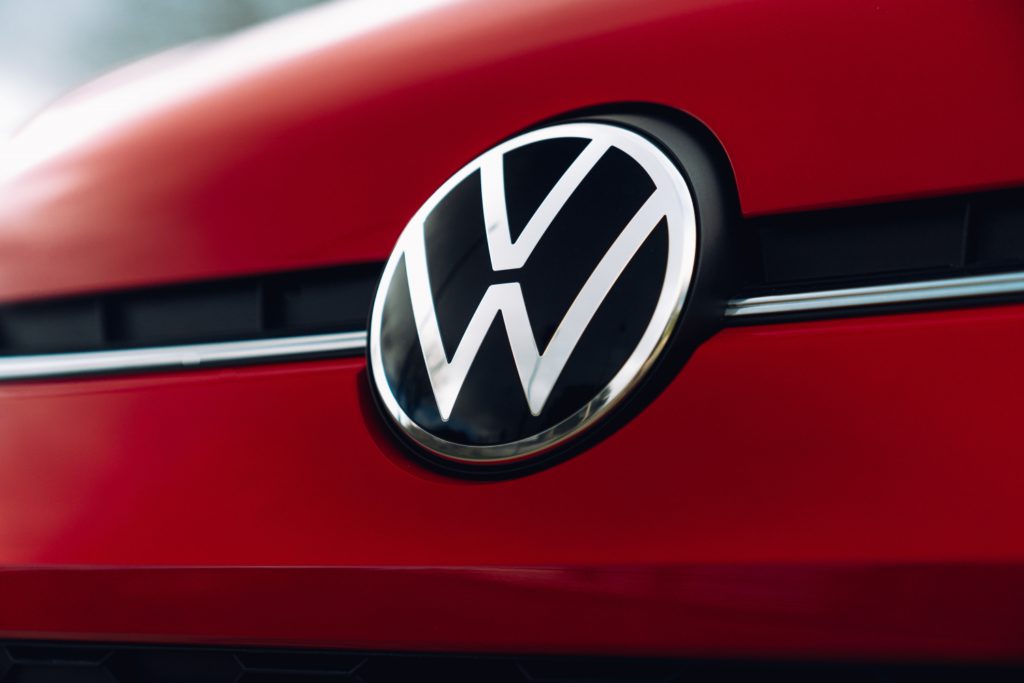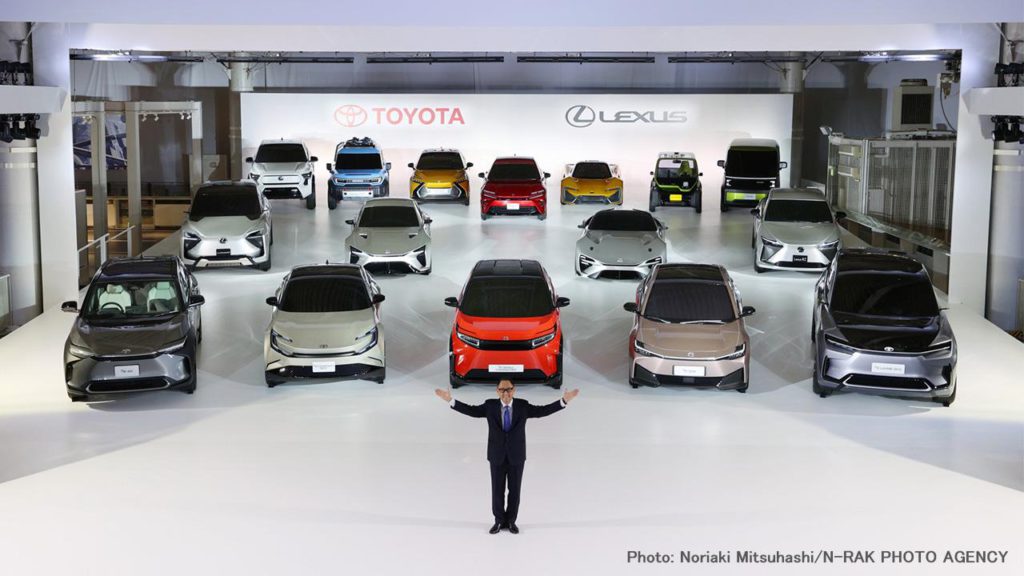Audi spends €18 billon on electromobility
21 December 2021

German luxury-carmaker Audi will increase spending on electromobility for the next five years. The company will invest €18 billion between 2022 and 2026 on electrification and hybridisation, up from the previously planned €15 billion.
The company is setting aside a total of €37 billion for investments until 2026, with a clear focus on electromobility. Audi plans to become a fully-electric car brand by 2033 and this year doubled its product portfolio of battery-electric vehicles (BEVs). It launched the Q4 e-tron and the Q4 Sportback e-Tron earlier this year, wading increasingly into the growing BEV market. By 2025, Audi wants to include more than 20 BEVs in its line-up.
‘The current round of planning reflects our accelerated future trajectory. Based on this investment planning, the focus of our advance payments until 2026 is quite clearly on consistently implementing the roadmap with a comprehensive product offensive of fully and partially electric models,’ said Jürgen Rittersberger, Audi member of the board of management for finance and legal affairs.
Fossil-free society
As part of its strategic realignment, Audi is part of a growing number of carmakers redefining its electrification strategy in an effort to become carbon neutral by 2050 at the latest. From 2026, Audi will only roll out BEV models on the global market to ensure that the brand will remain viable in the future.
‘The rate of change in our society is rapidly increasing,’ said Audi CEO Markus Duesmann. ‘For that reason, we are accelerating our transformation to climate-neutral mobility. For us, a sustainable business model is quite clearly a matter of approach and responsibility.’
In a key statement released earlier this month, Duesmann said the world needs a fossil-free society. The company is counting on electromobility going forward, saying plug-in hybrid technology is useful to bridge the gap, helping users gradually transition to BEVs.
The OEM will gradually phase out production of internal-combustion engines (ICE) by 2033 and is working on making its product portfolio attractive enough to raise profitability. Audi said it would ship three million cars per year from 2030 and is additionally aiming for a sustainable operating return on sales of more than 11% in the long run.
Investing in infrastructure
Manufacturers such as Audi are not only increasing investments in electrification, but also in charging infrastructure. Audi’s parent company Volkswagen (VW) group has forged partnerships worldwide to expand infrastructure.
The German carmaker is a founding member of charging operator Ionity, which recently announced a €700 million investment in its fast-charging network in 24 countries. By 2025, Ionity plans to increase the number of high-performance 350kW charging points from 1,500 now to about 7,000.
Audi itself is getting active in Nuremberg, where it is now road-testing what it calls an urban premium-charging concept. The so-called Audi Charging Hub, a pilot site, is scheduled to open on 23 December.
The objective is to manage a possible future peak in demand, with the site addressing consumers who have no option to charge their electric cars at home. The hub offers reservable high-power charging stations and comes with a lounge area. Eager to provide renewable-energy options, the pilot site uses second-life lithium-ion batteries as energy storage systems. Photovoltaic modules can also be found on the roof.
Audi said its own charging service is currently available with about 290,000 charging points in 26 European countries. Having a viable fast-charging network in place is a key component of Audi’s e-mobility strategy, with the company aiming to expand this going forward.



